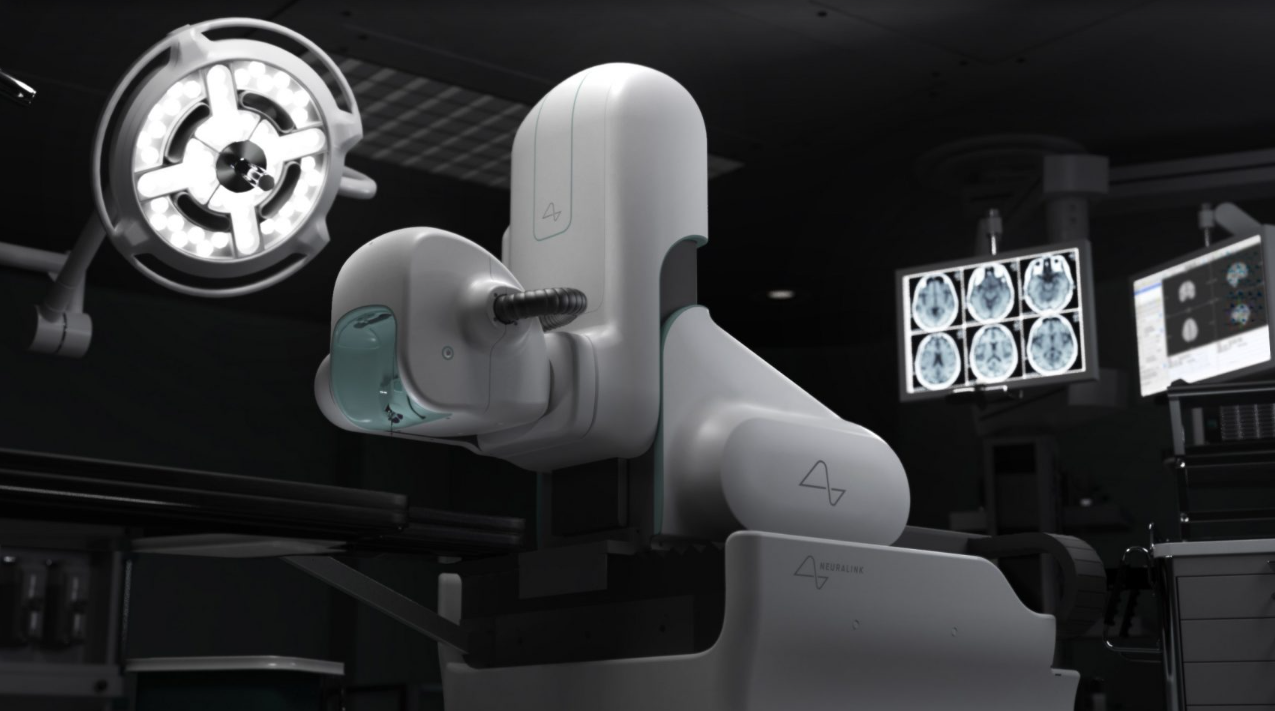China quietly competes with billionaire Elon Musk's Neuralink
China has bold ambitions to develop its own brain-computer interface technology products by 2025
China's Ministry of Industry and Information Technology (MIIT) on January 29 posted a document describing a large-scale plan to promote advanced technologies. MIIT said it hopes to achieve hundreds of technological breakthroughs by creating iconic products by 2025, including a brain-computer interface similar to the brain chip implant technology of Neuralink, a billion-dollar company. billionaire Elon Musk. According to the document, MIIT revealed that it wants to create breakthroughs in key technologies and core devices such as integrating computer technology and nervous systems, brain simulation chips, and computational models that simulate human activity. brainstorming, developing a number of easy-to-use technologies and safe brain-computer interface products; while encouraging the exploration of applications in typical fields such as medical rehabilitation, driverless vehicles and virtual reality. According to Business Insider, China is also accelerating technological breakthroughs such as GPU chips and quantum computers. China's ambition is to become a pioneer in these fields by 2027.
According to the document, MIIT revealed that it wants to create breakthroughs in key technologies and core devices such as integrating computer technology and nervous systems, brain simulation chips, and computational models that simulate human activity. brainstorming, developing a number of easy-to-use technologies and safe brain-computer interface products; while encouraging the exploration of applications in typical fields such as medical rehabilitation, driverless vehicles and virtual reality. According to Business Insider, China is also accelerating technological breakthroughs such as GPU chips and quantum computers. China's ambition is to become a pioneer in these fields by 2027. China has been actively researching to create brain-computer interface devices in recent years, including devices that can compete with Neuralink. The brain chip that provides processing capabilities is called Brain Talker, launched in 2019 and developed by Tianjin University and a Chinese state-owned electronics corporation. The Chinese government also funded a brain-computer interface research laboratory in Tianjin, where 60 scientists are working. Researchers at Tsinghua University in Beijing also developed a device called SprialE that can connect the human brain to a computer by inserting the device into the ear, without requiring surgery thanks to its spiral design. The MIIT document clearly states that China's ambition is to mass produce humanoid robots by 2025
China has been actively researching to create brain-computer interface devices in recent years, including devices that can compete with Neuralink. The brain chip that provides processing capabilities is called Brain Talker, launched in 2019 and developed by Tianjin University and a Chinese state-owned electronics corporation. The Chinese government also funded a brain-computer interface research laboratory in Tianjin, where 60 scientists are working. Researchers at Tsinghua University in Beijing also developed a device called SprialE that can connect the human brain to a computer by inserting the device into the ear, without requiring surgery thanks to its spiral design. The MIIT document clearly states that China's ambition is to mass produce humanoid robots by 2025


































